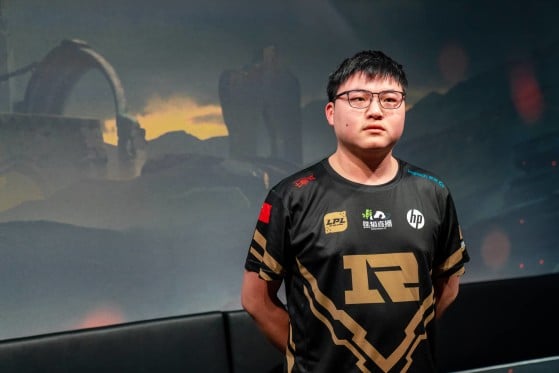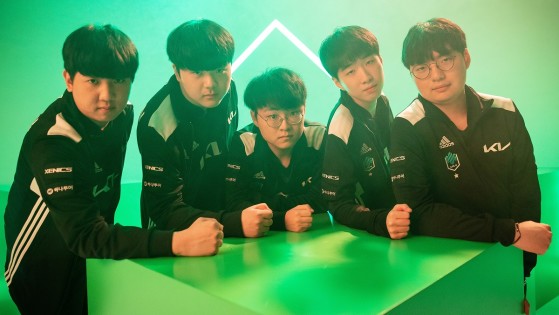The Chinese government has approved a change to rules governing how much time minors can spend playing online games, to just three hours a week.
The rule, that allocates one hour each across Friday, Saturday, and Sunday, will allow gaming bvetween 20:00 to 21:00 local time, according to state media.
The Chinese market is one of the most important for video games, across both casual and competitive titles. The LPL, one of the strongest regional competitions in League of Legends, has several international championships to its name.
With legendary players such as Uzi and Clearlove, and new stars such as Huanfeng, the new regulatory measures for online gaming could impact the the influx of new talent. From a competitive point of view, playing around three hours a week is not exactly ideal for these players.
Along with the adjustment in game hours, reports indicate that video game providers cannot offer their services to minors. Among the reasons cited is to safeguard their physical and mental health. Continuing the argument, players must verify their identities in order to play.
Previously, the game hours regulation policy allowed minors to play for an hour and a half per day, for a total of eight hours a week. Compared to the current rule, this is a significant change.
The timing of the announcement is curious, as South Korea announced plans to scrap a law prohibiting young people from gaming late at night. If approved, China will be the only country where the government controls gaming hours.
The impact of the news goes beyond esports and casual gaming: NetEase shares plummeted in the aftermath of the news breaking.
While those under 16 years of age correspond to 2.6% of Tencent users (via Daniel Ahmad on Twitter), it is a considerable portion if we take into account that there are around 110 million minors who consume video games.
While the average age of esports players is over 18, most stars have one thing in common: they started as minors before reaching the LPL.
Under new rules, this is something they won't be able to do going forward, impacting Chinese talent in the top division of play down the line.




